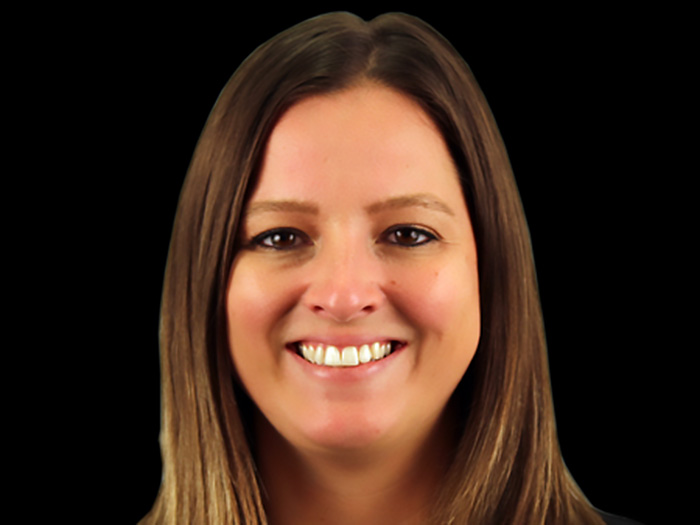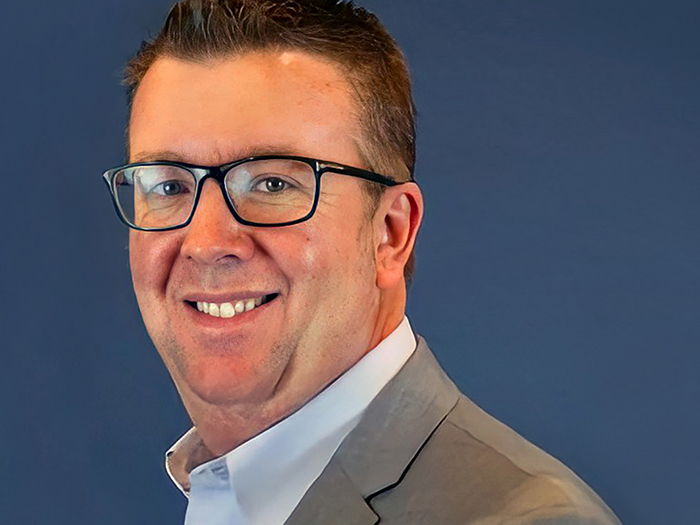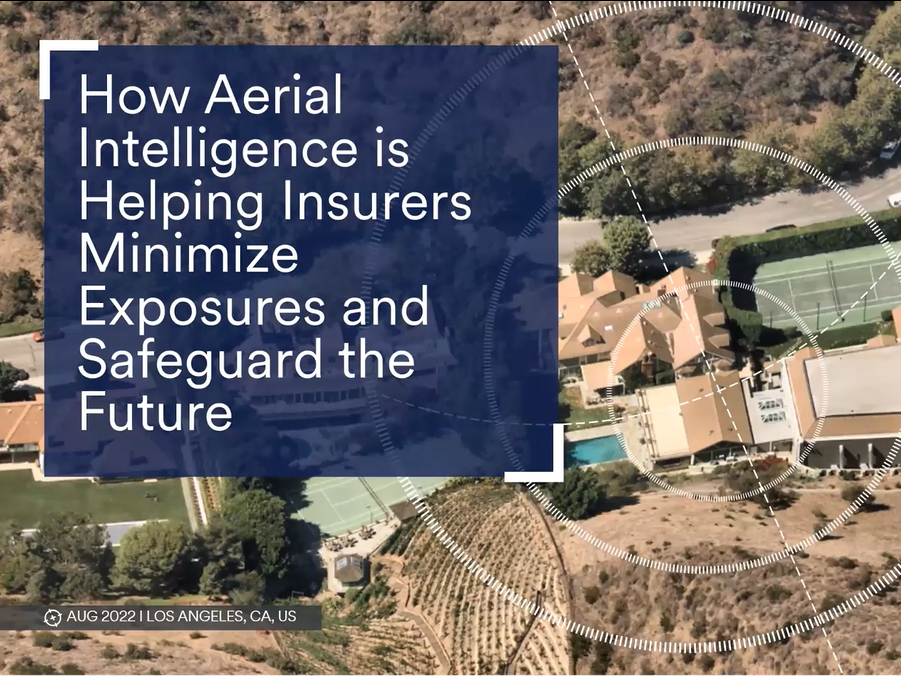Rising Star Heather Miller on the Challenges of Insuring Cannabis and How Young Brokers Can Successfully Approach Specialty Lines


Come see the Stars! As part of our ongoing coverage of the best brokers in the commercial insurance space, Risk & Insurance®, with the sponsorship of Philadelphia Insurance, is expanding its coverage of the Rising Stars, those brokers who represent the next wave of insurance brokering talent.
Look for these expanded profiles on the Risk & Insurance website and in your social media feeds now and continuing into 2023.
Here’s our conversation with Heather Miller, account executive, Lockton Companies, and a 2022 Specialty Power Broker winner.
Risk & Insurance: What drew you to a career in insurance?
Heather Miller: I went to school to work in the agricultural sector, but when I was looking for an internship, I landed in this industry working in loss control.
It didn’t take me long to realize that this was a steady career opportunity similar to health care — it will always be needed!
R&I: Working in the cannabis and hemp space can have its challenges. What would you say have been some of those challenges for your clients in recent years?
HM: I’m sure every type of operation within the space can present unique challenges, but I certainly agree that this space is no different.
Cannabis operations have a number of things working against them — less tax benefits, high governance, strict regulations, etc. The insurance piece is another historically challenging area, both from a coverage and a pricing standpoint.
Historically, we have had issues with getting adequate property coverage. Many of our insureds are still not insured to the limits they would really need in the event of a loss.
Unique to this industry has been the lack of accurate reporting of values. I don’t believe this is because the clients intend to underreport. It’s just that they haven’t had the education to assist them in getting to proper valuations.
Lockton and my team take a lot of pride in assisting our clients in coming up with accurate numbers, so they are insured for the best possible outcome — and to help alleviate the concerns associated with co-insurance requirements.
R&I: What is it about this space that makes it unique and interesting to work in?
HM: Every day is so different! When I first started working on cannabis business a little over three years ago, we had fewer carriers, less capacity, worse coverage and less-sophisticated buyers.
Watching the marketplace and our clients evolve has been rewarding, especially since we’ve at least had a small hand in that progress. Carriers will work with us to help get the best coverage that they can, pricing has evolved as claims experience gets more reliable, and our clients are starting to understand insurance.
We’ve enjoyed watching as some of our larger clients and prospects have hired more people with prior CFO/controller experience in the last 24 months. It’s good for the cannabis industry in general and certainly for insurance related activities as well.
R&I: What’s your philosophy on client service and how do you put that into practice?
HM: Our philosophy at Lockton in general is to do as much for our clients as possible to make their insurance buying process as easy as possible. This is the foundation for us to ensure that our clients are getting the best service and also the best results.
I am surrounded by an amazing team that hates saying “no” and will not use it unless it’s impossible. Otherwise, they are constantly trying to find ways to say “yes” or to find an alternative solution. My team wants to be the “go-to” group. Come to us for an answer; if we can’t find it, we’ll get you into the right hands.
We’ve found ourselves doing the standard insurance practices of starting applications, issuing certificates, etc. Still, we take it one step further and do a lot of research to fill in as many questions/excel files as possible to the best of our ability before involving the client.
We’ve also tailored many specific items to our clients as they request, trying to find creative ways to make their lives easier. We still have a way to go to get to where we want to be, but truly believe that I have the best possible team in the industry to get us there.
R&I: What advice would you have for young professionals in insurance looking to carve a space for themselves in specialty lines?
HM: I’ve been specialized most of my career — so I’m partial to finding an expertise. This doesn’t just have to be a class of business, but it can also be that you want to be the expert in a specific line of business. Finding a specialty and being the “go-to” person will make you more valuable within an organization.
However, I don’t believe that anyone will ever know it all when it comes to insurance as things are constantly evolving. Even when you become the “expert,” remember that there are always more things you can learn.
In addition, just because you might specialize, don’t forget to take the time to learn the basics of general coverage. It’s not uncommon for a client to ask me how their coverage differs from the standard coverage available to other operations. You can be the specialist but still be well-rounded in your knowledge of traditional coverage. &










